Both of my children have received Craniosacral Therapy. One for travel sickness and my youngest, having had a traumatic birth with shoulder dystosia was very shell shocked (and blue!) when she arrived – in her first weeks she was incredibly fractious and I wanted to see if craniosacral Therapy might help so I contacted Liz – she is fabulous.
Liz Kalinowska is a Registered Craniosacral Therapist with more than 20 years experience, here she explains a bit about Craniosacral Therapy and how it can help babies!
Birth can be a difficult experience for any baby. However calm and peaceful the setting for a delivery, it is still an enormously important moment of transition for the whole family.
If an emergency situation should develop, stress levels can be heightened to extremely intense levels for both mother and baby. We have all experienced how stress affects our body, and babies can suffer in much the same way as we do. The strong compressions and anxieties that accompany a journey through the narrow birth canal, or the shock that results from an unexpected Caesarean delivery can remain in the body tissues for long after birth, giving rise to physical discomfort and disturbed sleep patterns. As adults we have poor sleep when uncomfortable, worried or tense and reflecting on this may help us to understand how a small baby who has recently been through the gruelling experience of labour might be similarly affected. Even though his or her mother provides essential reassurance and comfort, the strong emotional bond between a mother and baby means that the baby will probably be aware of all his/her mother’s fears and worries. Although an emotional connection between them is natural and necessary, it may also mean that he/she remains hyper-alert and unable to fully relax and release patterns created by the pressures exerted on him/her during birth.
Craniosacral Therapy brings a calm and neutral perspective to the situation, helping your baby to settle both physically and emotionally. By placing hands gently both on and under his head and body, the therapist sensitively tunes in, highlighting for him/her where he/she is feeling uncomfortable,encouraging both a softening and release of tension in the muscles and a settling of any accompanying emotional components. There is usually visible relaxation and an easing out of the baby’s whole body during treatment. Once he/she is more comfortable, your baby is less likely to wake, and his/her sleep can deepen as a consequence.
Areas where we typically find stress, even in an apparently trouble free delivery are in the neck, throughout the spine, and in the legs. Your baby uses his/her legs to help you push him/her through the birth canal, and if he/she finds the process long and arduous he/she may retain some frustration in his/her legs and pelvis. The spine undergoes a lot of pressure during birth, and the shock of a protracted labour or emergency caesarean may mean that foetal positioning and ‘fight or flight ‘ nervous activation is maintained after birth. A cramped tense position makes lying on the back uncomfortable, and has effects on the digestive system that can also contribute to wakefulness. If the cord was around a baby’s neck, there may be a legacy of extreme reactivity in this area, causing discomfort when lying flat. All of this may interfere with sleep.
Craniosacral Therapy treatment can help a baby to experience a more tranquil quality of sleep. It encourages deeper relaxation and means there is less likelihood of him/her developing digestive disturbances like colic which are often due to stress. It is also highly recommended for mothers to have treatment too, because they will often be pretty tense themselves if they are worrying about a new baby’s wellbeing. Just watching their baby have a Craniosacral session can be a very calming and reassuring process for parents, and may lead to more peaceful nights for all!
Liz operates in Richmond, SW London www.lizcraniosacral.co.uk/
